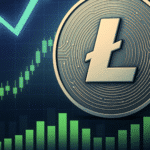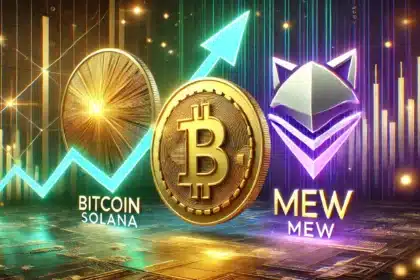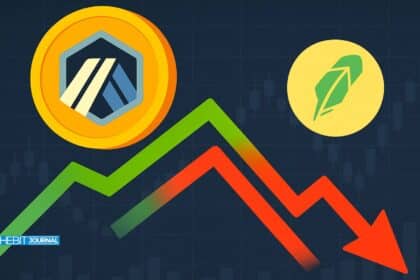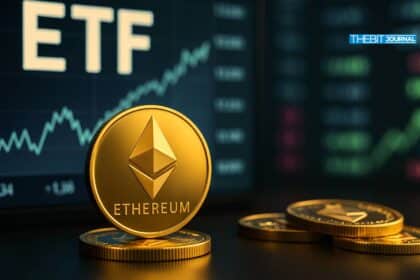On October 2, 2024, the U.S. Securities and Exchange Commission (SEC) took a major step toward winning its legal battle against Ripple Labs by appealing a federal court’s earlier ruling. This is Ripple’s new chapter in the regulator’s long and turbulent case against the cryptocurrency company.
The SEC appealed last month’s mixed ruling, in which each side partially won and partially lost. In a Twitter message, Ripple’s CEO Brad Garlinghouse and Chief Legal Officer Stuart Alderoty criticized the SEC move as wasteful and counterproductive while rippling out its message of frustration to company leadership.
The SEC first sued Ripple Labs in December 2020, saying the company sold more than $1.3 billion worth of its XRP token in an unregistered securities offering. The suit said that Ripple sold XRP in violation of federal securities laws by selling securities without proper registration.
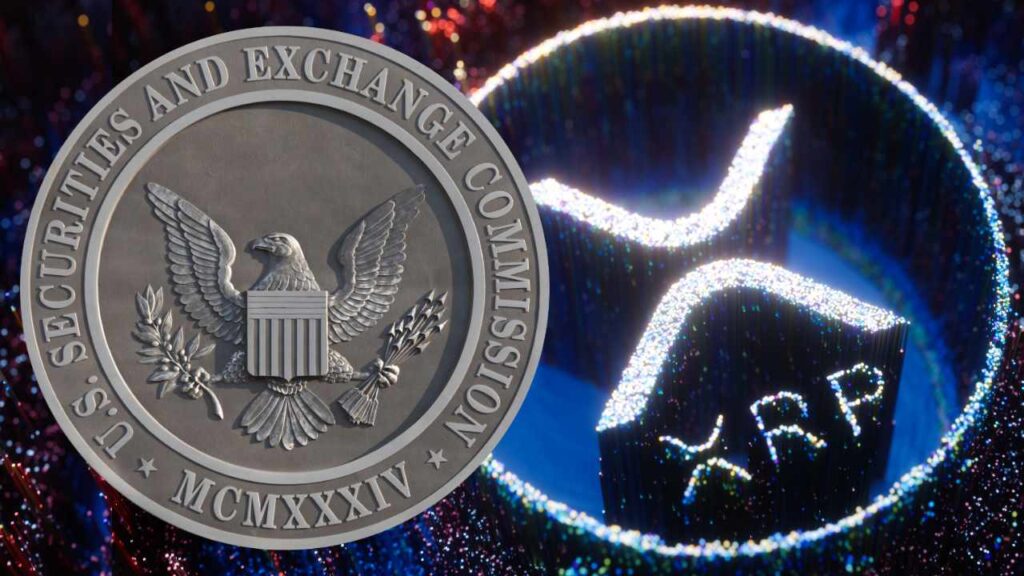
Ripple Celebrates Partial Victory Against SEC’s Allegations
Crypto advocates and regulators quickly became interested in it as a critical test case for the classification of crypto tokens under U.S. law. The dispute centres on the classification and regulation of cryptocurrencies, such as XRP, as securities. Ripple has been insisting all along that XRP is a currency, not a security, and thus not subject to the SEC’s regulatory remit.
In August 2024, U.S. District Judge Analisa Torres handed a mixed ruling, giving Ripple a little relief and a little punishment. Ripple’s programmatic sales of XRP to retail investors through cryptocurrency exchanges did not violate securities laws, the court decided.
Ripple and the broader crypto business viewed the ruling as a significant victory, suggesting that tokens might not qualify as securities sold on open markets. However, the court also ruled that part of Ripple’s $728 million in sales of XRP directly to institutional investors constituted unregistered security sales.
For years, Ripple has been battling the SEC, which has brought a $2 billion case against the company, but as a result, the SEC was hit with a $125 million penalty, a far lower amount compared to what the SEC originally sought but nonetheless remains a large burden for the company.
However, after the penalty, XRP chose to celebrate the ruling as a momentous win for decentralized finance and the greater crypto ecosystem, as it appeared to limit the SEC’s ability to police crypto tokens sold on open markets.
SEC Aims to Assert Authority Over Cryptocurrency
The mixed ruling was in line with what the SEC wanted from the court, but the SEC did not like the court’s interpretation, particularly in relation to its arguments over programmatic sales of XRP to retail investors.
The agency filed its appeal with the Second Circuit Court of Appeals, claiming a District Court decision undercut a cluster of established Supreme Court precedent, particularly the Howey Test used to decide if a finance transaction is an investment contract, an investment, or a security.
Buried deep within the most recent clash between the U.S. SEC and XRP is the notion that Gary Gensler, the current chair, is actively pushing an aggressive, crypto-friendly line on virtual tokens, at least with respect to the XRP token. It’s part of the SEC’s overall effort to demonstrate its authority over the crypto industry, and it’s now an issue of considerable controversy within the industry.
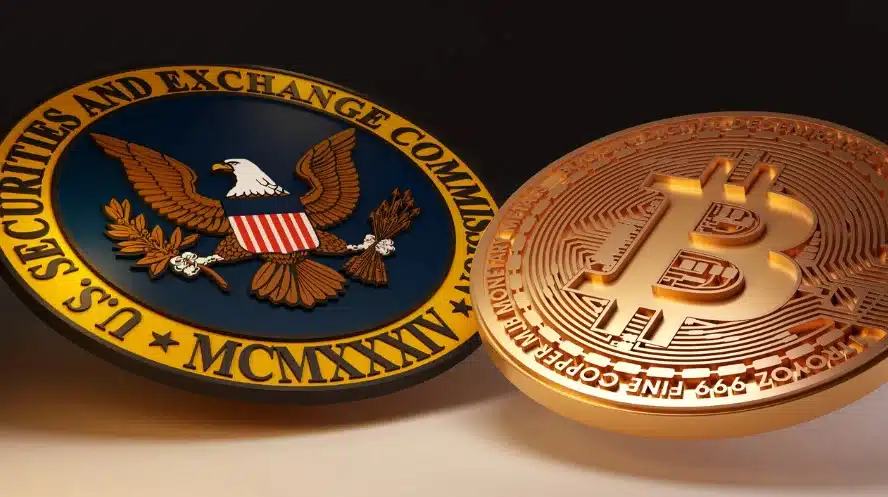
Ripple Leadership Expresses Frustration Over SEC Appeal
Ripple’s leadership responded to the SEC’s appeal with open frustration. Brad Garlinghouse, CEO, criticized the agency’s decision as a waste of taxpayer money. He claimed that the appeal will be ‘just more of the same’ since the SEC lost ‘on everything that matters’ in the original ruling, but it will not change the court’s favorable view of XRP as a retail market fund.
In addition, Garlinghouse noted that the SEC has nothing to lose by continuing its legal fight, which he deemed unnecessary and already lost, is just one example. According to him, Ripple’s victory on key issues in the court still stands, and this will not alter the outcome regarding whether XRP is a security for retail sales.
Ripple’s Chief Legal Officer, Stuart Alderoty, said the same. Instead, he accused the SEC of pursuing a ‘litigation warfare’ rather than properly enforcing the law. Perhaps most importantly, the court found no investor harm, which XRP relied on heavily in its defense.
Conclusion
The outcome of this legal battle will have long-lasting implications for Ripple, the digital asset ecosystem at large, and where exactly that line of clarity falls with regard to digital assets. Both sides are steadfast, and the case will further color the divisive back-and-forth debate over how to classify and regulate cryptocurrencies in the United States.
Stay updated with TheBit Journal by following us on Twitter and LinkedIn and joining our Telegram channel.









